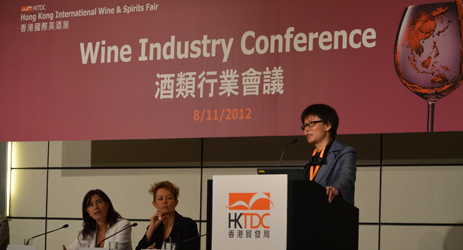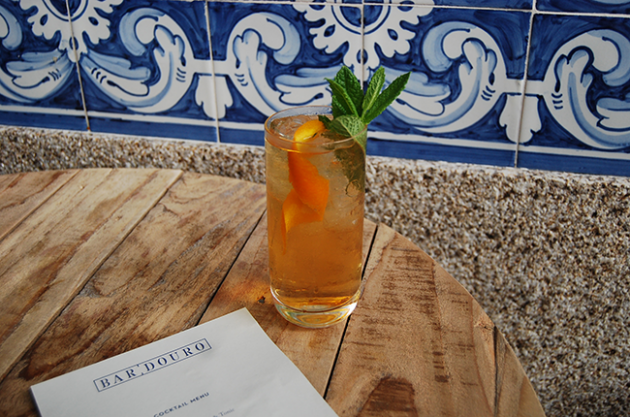The increase of imported wines into China could stunt the growth of quality wine production in China if more isn’t done to overcome domestic production barriers, a leading academic has warned.

Speaking at a conference at the Hong Kong International Wine and Spirits Fair, Professor Ma Huiqin in the College of Agriculture and Biotechnology at China Agricultural University, said that increased choice from abroad meant consumers were moving away from Chinese wine at a time when the wine industry is pre-occupied with overcoming the challenges of transitioning from bulk wine to quality wine.
‘We are facing strong competition from abroad. There are more and more wines imported from major wine regions in the northern and southern hemisphere, and consumers have a good opportunity to compare tastes and work out what they like. They have a much better choice.’ Ma, who is an expert on molecular grape biology and leading voice in the marketing of wine in China, said that the influx of imported wine would start to squeeze consumption and demand of domestic wines, despite continuing efforts to improve quality.
‘We have to consider in the next five years what the economic conditions will be like. We’ve already seen a slowdown in consumption of domestic wine in the last year, and limitations in quantity mean China will be a wine importer, rather than an exporter.’
‘In terms of production, China makes 10 million hectolitres of wine, but we’re limited by grape quality and quantity. Quality improvements and cost control will be crucial for sustainable development - we’re well equipped with hardware but for winemakers, there’s still a long way to go.’
‘We will have to look at wine production in non-tradition regions to meet the demands both of diversified cuisines, and increasing wine tours requests,’ she added.
Ma singled-out the challenges of the harsh climate in China, and in particular fungal diseases like downy mildew which cause some Chinese vineyards to lose between 20-50% of their crop every year. In addition, the expense and risk involved with burying vines to protect them from harsh winters and a lack of natural irrigation were both cited as impacting producers heavily.
‘China has a shortage of water, and this is a very restricting factor. This is particularly severe in the north-west of the country. In pursuit of quality, growing areas are moving from the coastal areas of Shandong Province and Hubei Province, to the more north-western areas of Ningxia and Gansu where water is a big problem.’
‘As well as a lack of water, the main challenges are a low technology base and a shortage of human resource. People laugh about this because we have such a large population, but we have a shortage of human resource in farming because the young, more educated guys go to the cities to work in the factories and make more money. ’
Despite the slowdown of Chinese wine consumption in China, increases in quality have seen Chinese wines attract increasing international attention in recent times, notably winning prestigious International Trophies at the Decanter World Wine Awards first in 2011, and then again in 2012.
In August this year, Chinese newspaper The People’s Daily said imported wines accounted for around 25% of all wine consumed in China, an increase of 12% on the previous year.
According to the 2011-2015 Five-Year Plan for the Wine Industry, published by China’s Ministry of Industry and Information Technology and the Ministry of Agriculture, wine production in China is expected to reach 2.2 billion litres by the end of 2012.
All rights reserved by Future plc. No part of this publication may be reproduced, distributed or transmitted in any form or by any means without the prior written permission of Decanter.
Only Official Media Partners (see About us) of DecanterChina.com may republish part of the content from the site without prior permission under strict Terms & Conditions. Contact china@decanter.com to learn about how to become an Official Media Partner of DecanterChina.com.




Comments
Submit